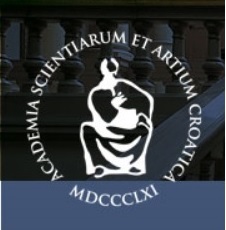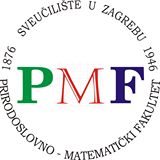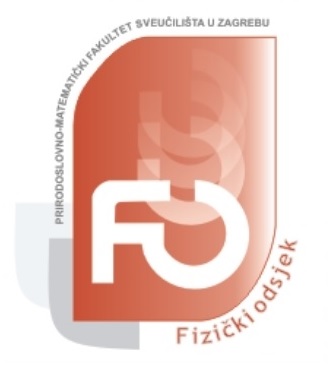Our vision and mission
- Eukaryotic genomes are composed of a large amount of different classes of repetitive DNA sequences, either dispersed or arranged in tandem. Repeats are mostly approximate, containing nucleotide substitutions, insertions and/or deletions. Tandem repeat sequences in DNA are usually called satellites. The satellite repeats appear in two different forms: as tandem repeats of individual head-to-tail monomers, and as tandem repeats of nmer higher order repeats (HOR) copies. Satellites show astonishing variation in both sequence and copy number among species, even among close relatives, suggesting that they evolved rapidly. It is important to understand how and why satellite DNA varies among individuals and species because there are established links between satellites and phenotypes in a wide range of organisms, including humans. For example,satellite copy number variants (CNVs) and single nucleotide variations (SNVs) are associated with cancer outcomes, chromosome mis-segregation and aneuploidy, aging, genetic incompatibilities between species, differences in gene expression and evolutionary development. Therefore, their identification and analysis are currently of substantial interest.
- The pronounced example of sattelite DNA is the alpha satellite family which comprises up to 10% of the human genome and is predominantly located in centromeric and pericentromeric regions. The basic repeat unit of the alpha satellite DNA is a 171 bp monomer. Several studies provide direct evidence of a functional role for alpha satellite DNA. alpha satellite DNAs are implicated in centromeric functions, such as segregation in mitosis and meiosis, essential during cell division, pairing of homologous chromosomes, sister chromatid attachment and formation of kinetochore structures. However, the interplay between alpha satellite sequences and the network involved in kinetochore ensemble is poorly understood. Aim 1 of the proposed project is to reveal the mechanism of alpha satellite generation and organization in centromere by analyzing the different centromeric alpha satellite arrays, structures and its variants within primates and some other selected eukaryotes. Elucidating the mechanism of alpha satellite generation and its structure will help to understand their role in centromeric organization and function, in particular their role in formation of functional kinetochore.
- Autism Spectrum Disorder (ASD) is a complex neurodevelopmental condition characterized by impaired social reciprocity and communicative skills, as well as increased repetitive behaviors and stereotyped interests. ASDs afflict ~1% of the human population and has been frequently linked to an accelerated postnatal brain growth. Recently, a new protein domene DUF 1220, connected to ASD and with an unusually broad spectrum of allelic CNVs within the human population, has been identified. Found within the neuroblastoma breakpoint family (NBPF) genes, DUF1220 sequences have undergone a rapid, recent and extreme increase in copy number specifically in the human lineage. Consequently, there is a growing need to develop improved strategies for accurate CNVs determination of highly duplicated sequences within DUF1220 protein domain. Aim 2 of the proposed project is to anlyse freely avaible whole genomes sequences of individuals from the Autism Genetic Research Exchange (AGRE) repository in order to identify CNVs and SNVs in satellite repeats of NBPF genes. Analysis and classification of variants in NBPF genes and their linkage to ASD phenotypes will help to understand genetic mechanism of ASDs development.
Research objectives of the project:
- By identifying the higher order structures of alpha satellites within human and other higher primates genomes, and their classification according to CNVs and SNVs, we will try to reveal the mechanism of alpha satellite higher order generation and organization. Elucidating the mechanism of alpha satellite HORs generation and structure will help to establish correlation between centromeric organization on one side and centromere function, functional kinetochore formation and centromere evolution on other side. These results will help to understand the role of alpha satellites and HORs in centromeric organization and function, in particular their role in formation of functional kinetochore.
- By identifying the monomers and HORs structures of NBPF satellites within few thousand individual human genomes from AGRE repository and classifying the identified HORs according to CNVs and SNVs we will explore the impact of variants in higher order repeats of NBPF genes on the development of ASDs. Classified structures will be compared with phenotypic data from AGRE repository and linkage disequilibrium score regression will be performed in order to calculate heritability estimates for categorized genomes. These results will help to understand genetic mechanisms that have an impact on the development of ASDs.
Acknowledgments
- This project is founded by the Croatian science foundation.




